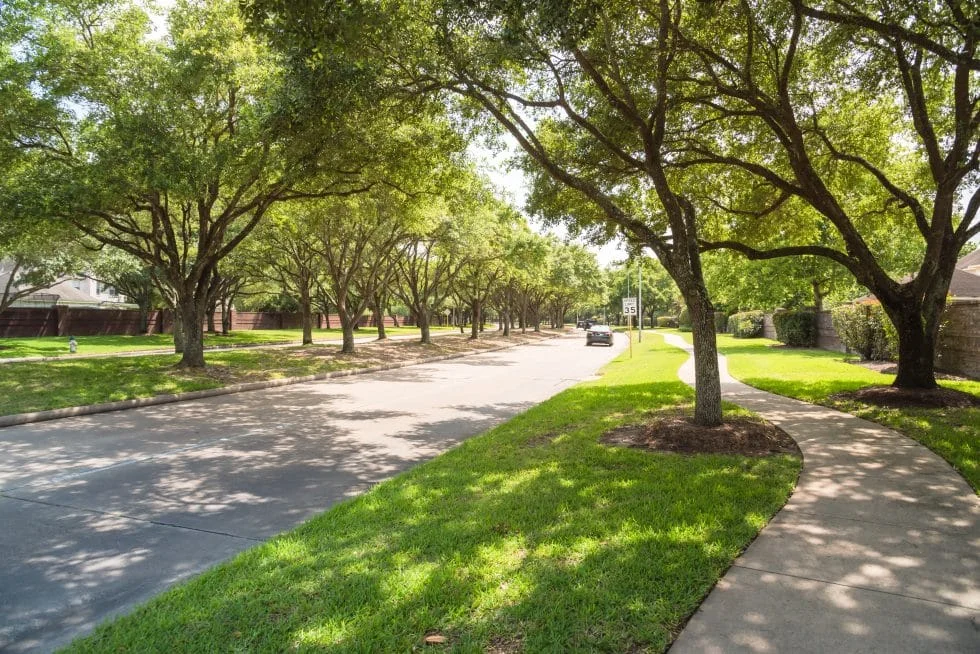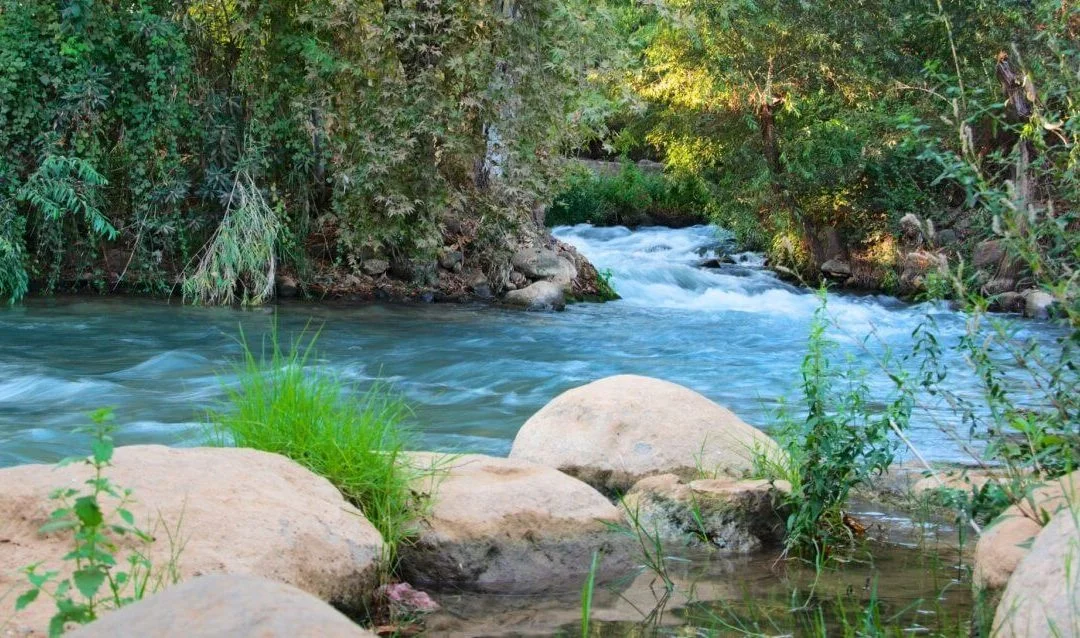06.22.2022
Understanding Follows Wonder

“Daddy, what happens when the cardboard at the recycling center is filled up? Where does it go?”
The question seemed as random as the morning was beautiful. My younger son and I were walking the dog through the park in our neighborhood. The air was cool, and the rising sun danced off the early-summer dew, causing the park to shimmer as if it was stepping out of the shower, fresh and alive.
But I’m learning that these questions aren’t random. They’re invitations into a deeper level of understanding, wisdom, and connection, and while I don’t always get it right, I had fun with it that morning.
“Well,” I said, “why don’t we start with when it leaves our house?”
“Ok,” my son replied, “so let’s say I finish a box of cereal. And then you set it out to be picked up.”
“That’s right,” I continued, “Someone drives a truck to collect all the cardboard around the city. They take it to a transfer station, and then it’s packaged and baled and transported to another facility and turned into something that can be used again. Then another company buys it and ships it to their factory where they turn it into something else that can be sold. And then it’s shipped to a store, and we purchase it.”
“Wow,” he said, “so we could be using something at home that was made from something we’ve used before?”
(Now, don’t be too heavy-handed with my explanation – I’m no supply chain or sustainability expert, and he’s eight, so there’s a little simplicity required.)
“Maybe,” I said, “but I want you to think about a couple of things. First, think of how many jobs it took to recycle that cardboard?”
“Yeah. Garbage workers, truck drivers, people at factories, people in stores.”
“Yep,” I continued, “isn’t it cool how God takes care of us? We just buy something we need, but God is using the work of so many different people to meet that need.”
There were other offshoots from that conversation. We talked about how there is a cost to recycling, that it’s better to reuse, and there is a reason that we learn to reduce, reuse, recycle in that order. We talked about what that looks like in different areas of life.
That conversation was so life-giving to me, and as I reflect on it there are a few insights and ways in which I’d like to encourage you today:
- God gives us our “daily bread” through the ordinary work of everyday people. This should fill us with gratitude toward God and neighbor, and it should help us draw a connection between our own work today and how it is ultimately contributing to meeting a need of someone, somewhere. God is using it.
- Wisdom and understanding are on the other side of wonder. Had my son not asked what seemed like a random question he would not have had the opportunity to understand a broader system or the implications of our consumption choices. Similarly, I had to indulge his curiosity for that understanding to happen. There are people on your team (maybe you’re one of them) who have a gift of wonder – they ask questions. If that’s your gift, ask! And if it’s not your gift, create a space to indulge curiosity. Who knows what innovation or improvement is on the other side of that wonder?
- Prioritize connection with others. I know this is a story about time with my son, and so of course that’s easy to prioritize, right? Well…yes and no. I know I should prioritize it, but my strongest urge that morning was to get him to camp and get to work. In a similar way, we might know that our work satisfaction is highly correlated with our sense of belonging, but the strongest urge is to just get busy. Find a way to make a personal connection with a colleague today.
God is present and active in all things – every conversation, every moment, every day. As you go on your own “walk around the park,” I pray that you have the eyes to see and ears to hear what he is speaking to you.
